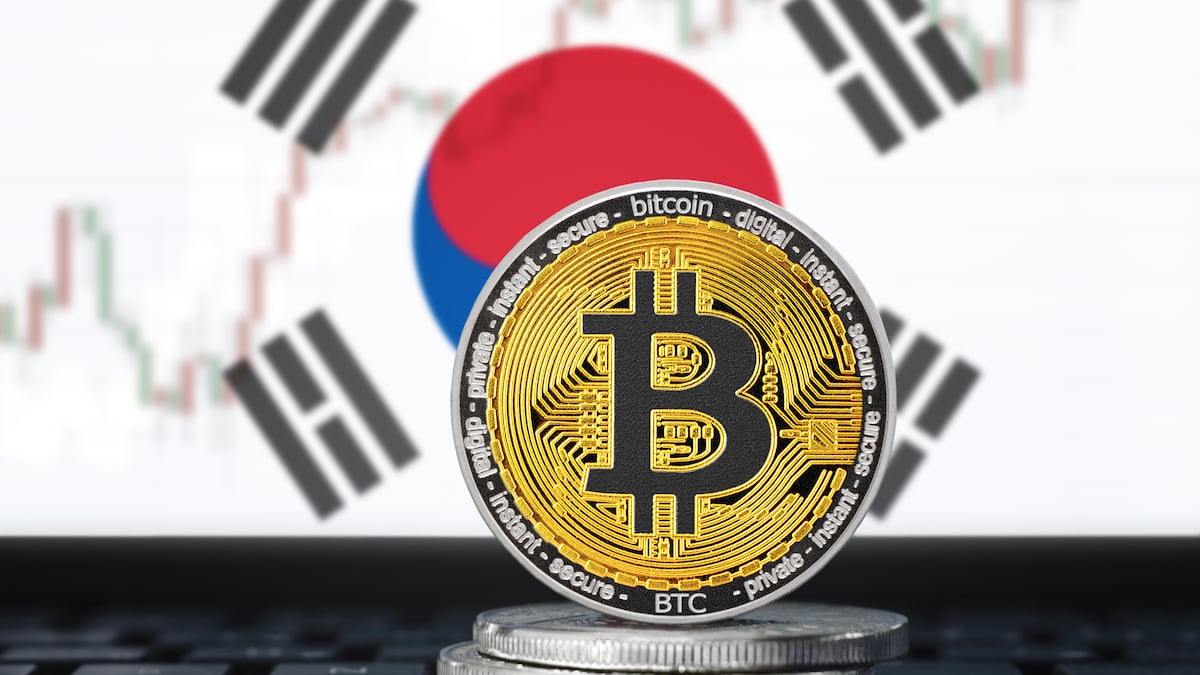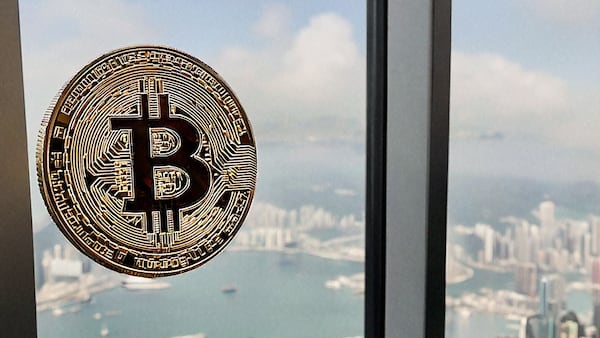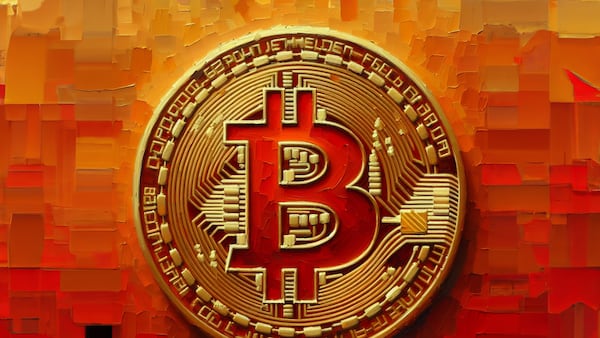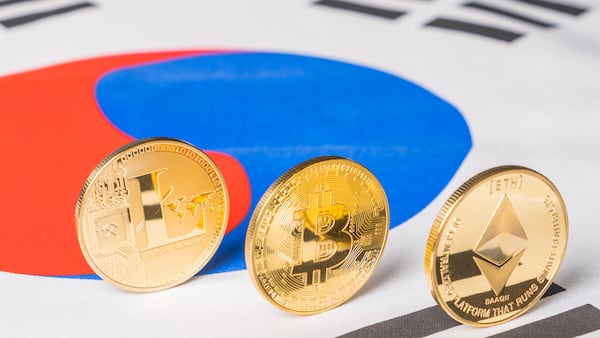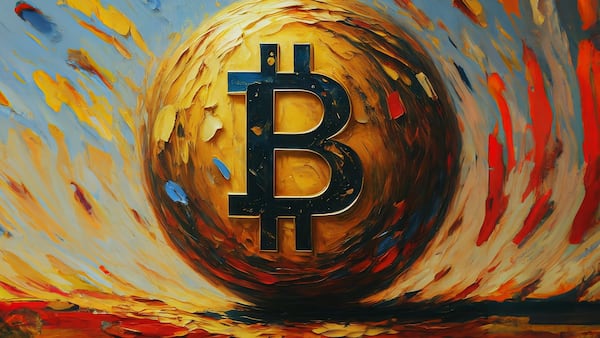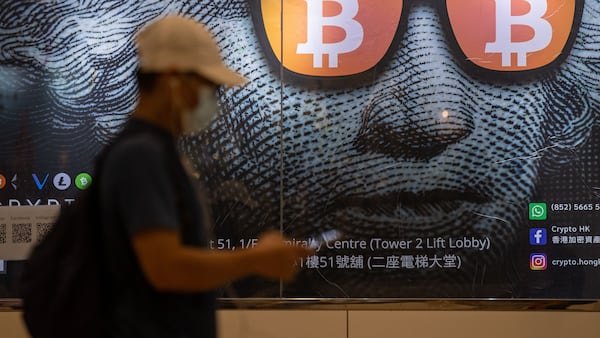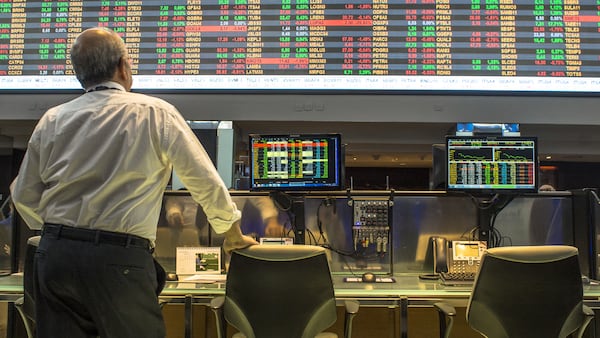- New rules require digital asset companies to safeguard customer assets.
- Retail demand for crypto is soaring in South Korea.
- South Korean crypto firms are being regulated just like traditional companies.
For the last year, South Korea has maintained a law on the books designed to protect crypto users’ assets.
Now the law is finally being put into action.
On Friday, South Korean regulators delivered new rules to safeguard users’ deposits and virtual assets, and curb unfair trading practices such as price manipulation.
Crypto outfits must now monitor and report suspicious transactions.
The law also gives financial regulators the authority to supervise, inspect, and sanction virtual asset trading platforms.
“As it becomes possible to bring severe penalties against those engaging in unfair trading activities, it is also expected to help establish a sound order in the virtual asset market,” the Financial Services Commission said in a statement on Thursday.
Major hub
South Korea, a major hub for crypto trading, has been strengthening its regulatory framework following the collapse of Terraform Labs’ TerraUSD stablecoin, which caused losses of $60 billion in 2022. Some 200,000 people in the country invested in Terra.
But despite the fallout and calls for greater scrutiny of the crypto industry in the country, it hasn’t dented retail demand for trading.
In the first quarter of this year, the Korean won facilitated $456 billion in crypto trade volume, compared to $455 billion traded using the US dollar.
Key aspects of the new regulations include mandates for virtual asset service providers to securely store customer deposits in banks.
Virtual asset service providers, or VASPs, must separate users’ virtual assets from their own and maintain insurance or reserve funds to cover liabilities from hacking or network malfunctions.
VASPs are also required to maintain surveillance systems for suspicious transactions and report such activities to the Financial Supervisory Service.
This type of requirement has long been normal in traditional finance.
Protection duties
The law empowers financial authorities to supervise, inspect, and sanction VASPs. Regulators can inspect VASPs for compliance with user protection duties, and the FSC can impose sanctions on those that break the rules.
Other proposed crypto regulations in South Korea have faced delays. Last week, lawmakers from the ruling People Power Party proposed delaying a 20% tax on crypto trading profits until 2028.
The tax would apply to annual gains exceeding 2.5 million won ($1,800). The threshold for stock trading gains is 50 million won ($36,000).
Callan Quinn is DL News’ Hong Kong correspondent. Have a tip? Contact her at callan@dlnews.com.
